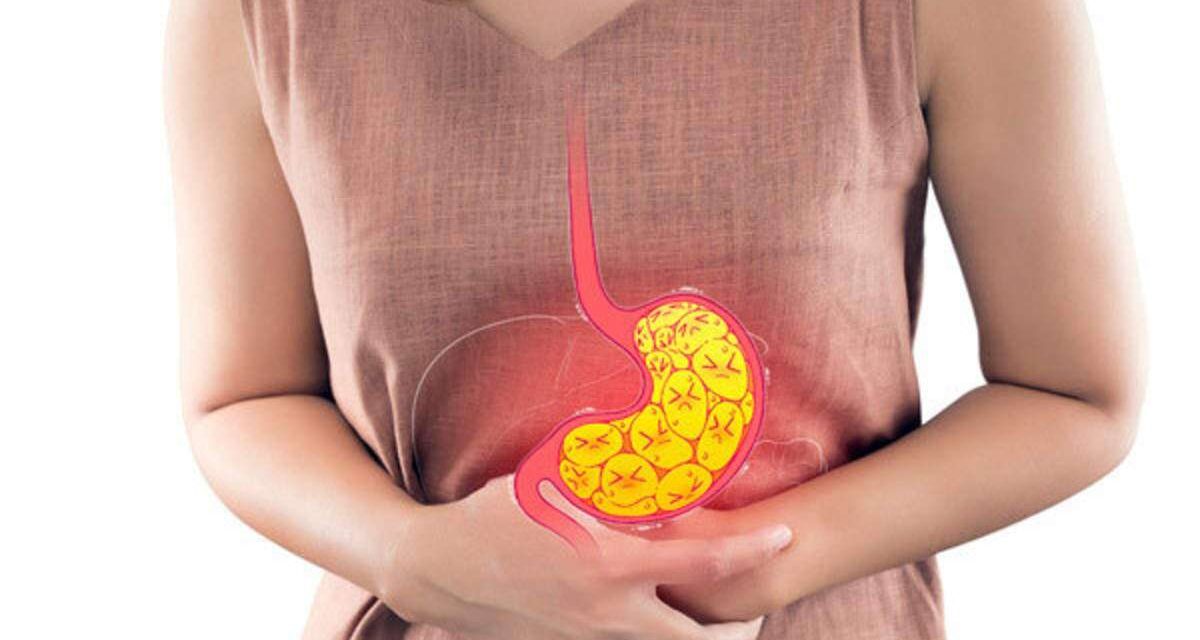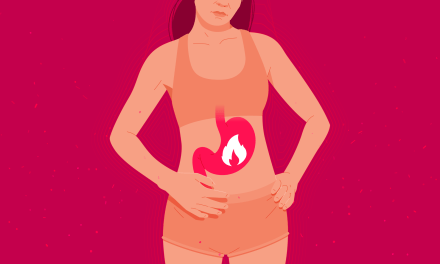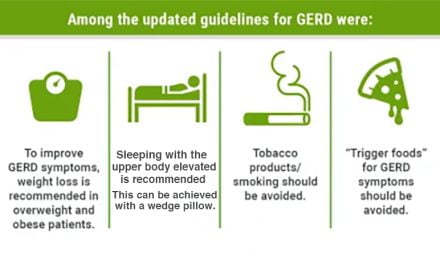Gastroesophageal reflux disease (GERD) is a chronic condition that affects a significant number of individuals worldwide. It occurs when the lower esophageal sphincter (LES), a muscular valve between the stomach and the esophagus, fails to function properly, resulting in the backflow of stomach acid into the esophagus. The symptoms of GERD, including heartburn, regurgitation, and chest pain, can significantly impact a person’s quality of life. One common question that arises is whether GERD can be cured. In this article, we will explore the concept of curing GERD and provide insights into the management and potential for long-term resolution of this condition.
Understanding GERD
Before delving into the question of a cure, it is important to understand the nature of GERD as a chronic condition. GERD is characterized by persistent and recurring symptoms of acid reflux, often experienced on a weekly basis or more frequently. It is important to differentiate between occasional acid reflux and the chronic nature of GERD. While occasional acid reflux is common and can often be managed with lifestyle modifications and over-the-counter medications, GERD refers to a more severe and ongoing condition that requires medical intervention.
Treatment Approaches
The management of GERD involves a comprehensive approach that aims to alleviate symptoms, reduce the frequency and severity of acid reflux episodes, and minimize the risk of complications. Treatment options may include lifestyle modifications, medications, and, in some cases, surgical interventions. Let’s explore these approaches in more detail:
- Lifestyle Modifications
Making certain lifestyle changes can play a significant role in managing GERD symptoms. These modifications may include:
- Dietary adjustments: Avoiding trigger foods such as spicy, fatty, or acidic foods, as well as carbonated beverages and caffeine, can help reduce symptoms.
- Portion control: Eating smaller, more frequent meals can help prevent excessive stomach distension and reduce the likelihood of acid reflux.
- Weight management: Maintaining a healthy weight through regular exercise and a balanced diet can alleviate pressure on the abdomen, improving symptoms.
- Elevated sleeping position: Raising the head of the bed or using wedge pillows can help prevent acid reflux during sleep.
- Smoking cessation: Quitting smoking can improve GERD symptoms as smoking weakens the LES and impairs the body’s natural clearing mechanisms.
- Medications
Various medications are available to manage GERD symptoms, including:
- Antacids: Over-the-counter antacids can provide temporary relief by neutralizing stomach acid.
- H2 blockers: These medications reduce acid production in the stomach and can provide longer-lasting relief.
- Proton pump inhibitors (PPIs): PPIs are commonly prescribed to reduce stomach acid production, offering significant relief for many individuals with GERD.
- Prokinetics: These medications help improve the motility of the gastrointestinal tract, aiding in the clearance of stomach contents and reducing the risk of acid reflux.
- Surgical Interventions
In cases where lifestyle modifications and medications do not effectively manage GERD symptoms, surgical interventions may be considered. These procedures aim to reinforce the LES or correct anatomical abnormalities that contribute to acid reflux. Surgical options include:
- Fundoplication: This procedure involves wrapping the upper portion of the stomach around the LES to strengthen it and prevent acid reflux.
- LINX device: A magnetic ring is placed around the LES to provide support and prevent reflux while allowing food to pass through.
The Potential for Long-Term Resolution
While there is no definitive cure for GERD, the good news is that many individuals can achieve long-term resolution of their symptoms through a combination of lifestyle modifications, medications, and, in some cases, surgery. By effectively managing GERD, symptoms can be significantly reduced, allowing individuals to lead a more comfortable and fulfilling life.
It is important to note that the success of treatment strategies can vary depending on the individual. Some individuals may experience complete resolution of symptoms, while others may require ongoing management to control their GERD. Regular follow-ups with healthcare professionals are crucial to monitor progress, adjust treatment plans if necessary, and address any potential complications.
Maintenance Strategies
Even when symptoms improve or resolve, it is important to maintain healthy habits to prevent the recurrence or exacerbation of GERD. This includes adhering to dietary modifications, maintaining a healthy weight, avoiding trigger foods, and managing stress levels. Regular exercise, avoiding late-night meals, and maintaining good posture during and after eating can also contribute to long-term symptom relief.
Conclusion
GERD is a chronic condition that requires ongoing management, and while a definitive cure does not currently exist, the majority of individuals with GERD can find significant relief from their symptoms through lifestyle modifications, medications, and, in some cases, surgical interventions. With the guidance of healthcare professionals and a commitment to adopting healthy habits, individuals can effectively manage their GERD, improve their quality of life, and minimize the impact of this chronic condition.



